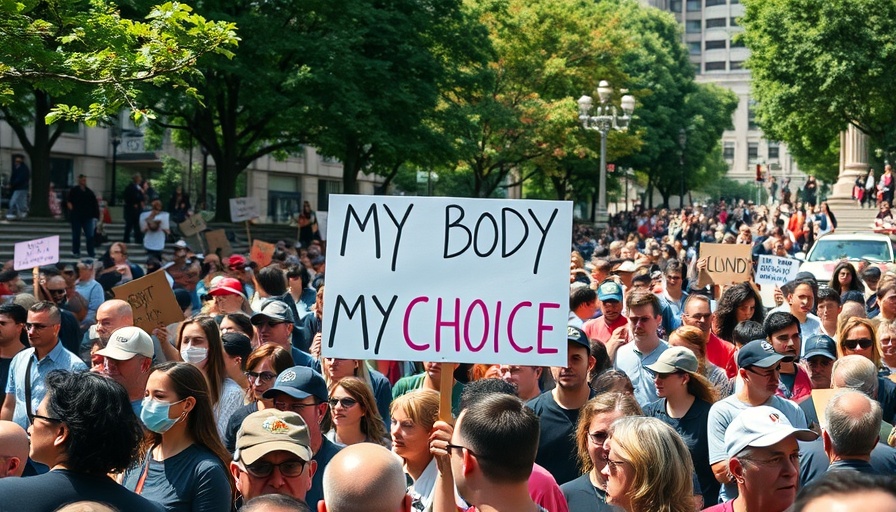
Understanding the Forced Disappearance of Immigrant Youth
The recent case of Carlos Daniel Terán Aguilar highlights serious concerns regarding due process for immigrants in the U.S. The 18-year-old Venezuelan was sent to El Salvador's notorious Detention Center Against Terrorism (CECOT) without substantial evidence against him. This raises significant questions about the treatment of immigrants, particularly those seeking asylum.
Background on CECOT: A Mega-Prison with a Problematic History
CECOT is infamous for its human rights abuses, and its very existence represents a troubling aspect of international human rights law. Established as a facility for combating terrorism, it has morphed into a detention center that houses many individuals like Terán Aguilar, who have never been found guilty of a crime. This disconnect between intent and reality exemplifies the dangers of the current immigration enforcement policies.
Due Process: The Unseen Casualty in Immigration Enforcement
When individuals like Terán Aguilar are sent away on unsubstantiated claims, it undermines the foundational principles of due process and justice. Edna Yang, his lawyer, emphasizes that despite repeated requests, the government has failed to provide evidence for its claims of gang affiliation. The system designed to protect the rights of individuals is failing, and it affects vulnerable populations seeking refuge from violence and persecution.
The Impact of the Trump Administration's Policies
The handling of immigrant cases has changed dramatically during the Trump administration, which adopted a tougher stance on immigration. The use of the Alien Enemies Act of 1798 to expedite deportations reveals how the political landscape can shift legal interpretations to the detriment of individual rights. Recent Supreme Court decisions indicate that the judiciary might be grappling with balancing national security and individual liberties.
Community Responses and Advocacy Efforts
Organizations like American Gateways play a crucial role in advocating for those affected by these policies. They provide legal assistance and raise public awareness about the experiences of individuals like Terán Aguilar. Community mobilization and activism can lead to changes in policy and uphold the rights of immigrants facing significant challenges.
Looking Ahead: Future of Immigration Policies
As the Supreme Court weighs in on immigration issues, the future remains uncertain. However, the growing acknowledgment of the cases like Terán Aguilar's may compel lawmakers to revisit and reform the existing framework governing immigration and asylum procedures. Increased scrutiny of deportation practices is essential for a just system.
Conclusion: Why We Must Stay Informed
The case of Carlos Daniel Terán Aguilar serves as a crucial reminder of the vulnerabilities faced by immigrants in the U.S. legal system. It invites us to consider the human element in these policies and advocate for more humane treatment of those seeking safety. Stay engaged and informed about immigration issues, as they affect countless individuals and families across the nation.
 Add Row
Add Row  Add
Add 




 Add Row
Add Row  Add
Add 

Write A Comment